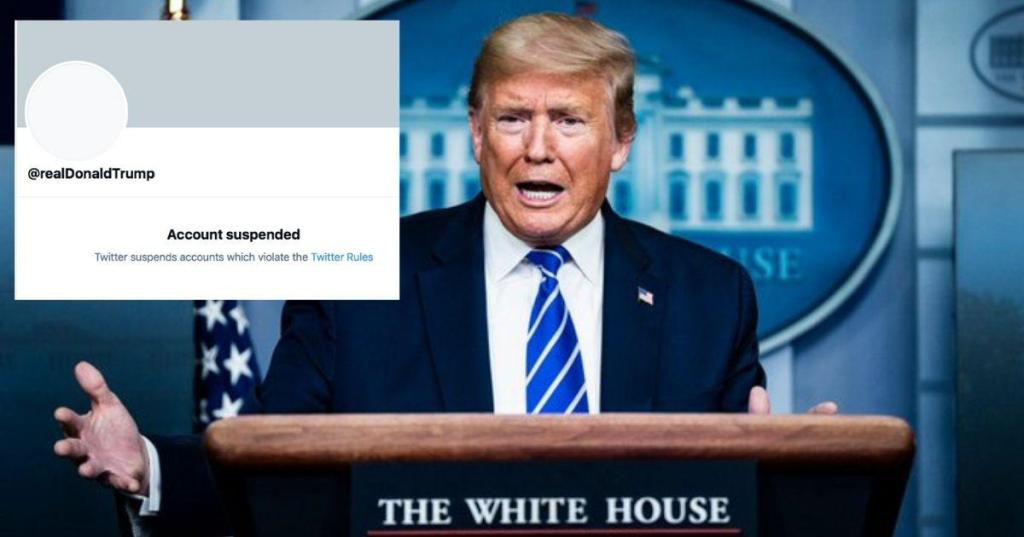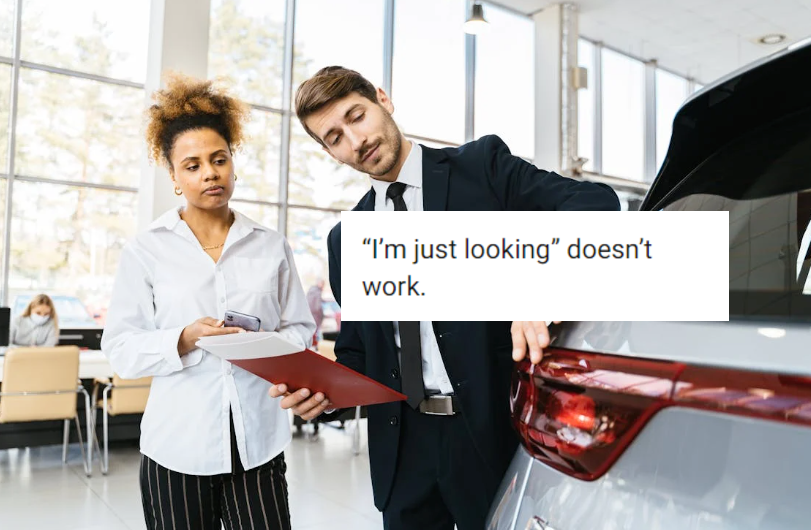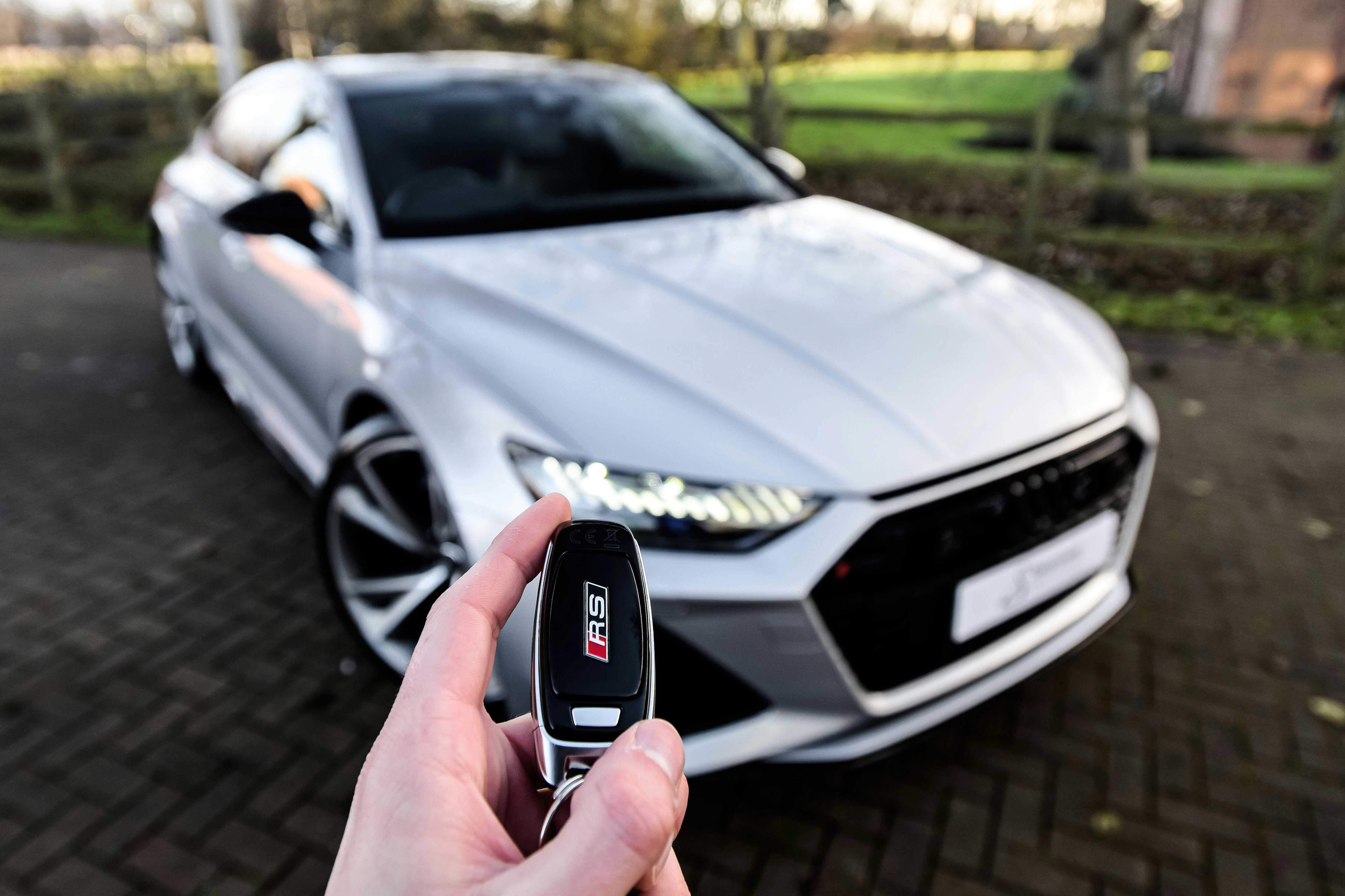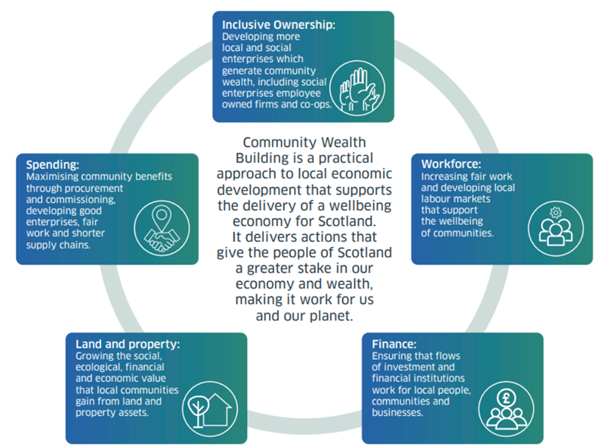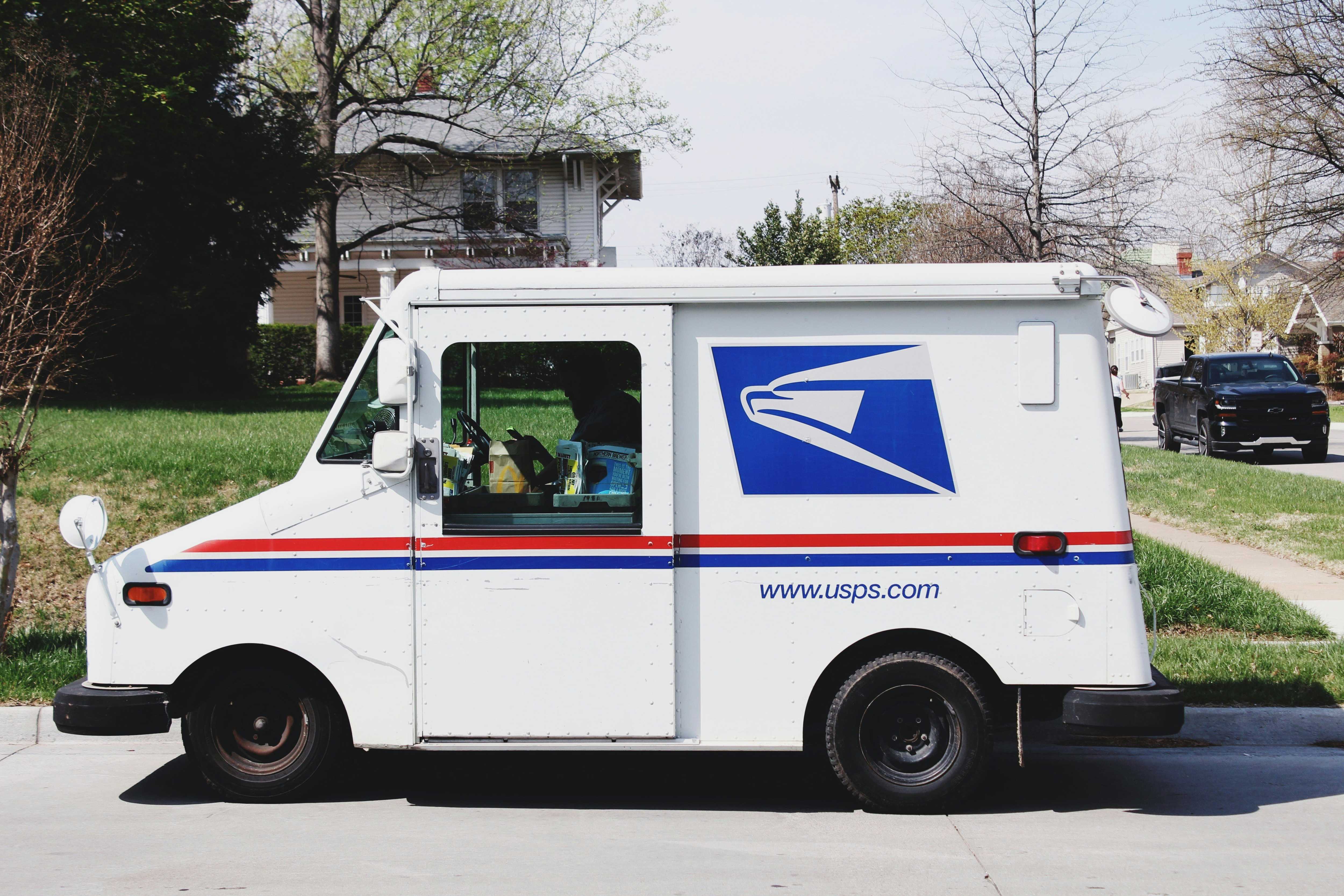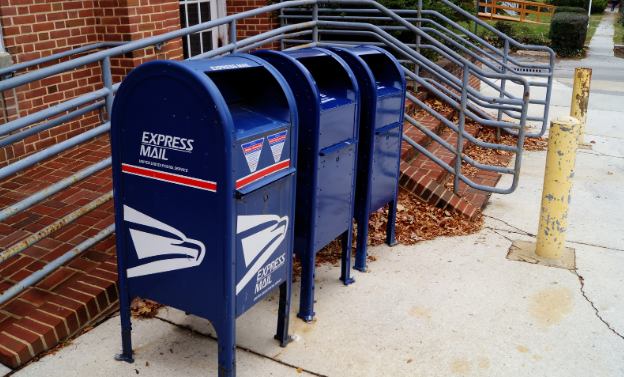After rioters stormed the U.S. Capitol, forcing lawmakers into hiding and ultimately leading to the deaths of five people (six, if we count the Capitol Police officer who died by suicide in the days following), Twitter took the unprecedented step of permanently banning Donald Trump from its platform. Since the election Twitter had flagged the president’s tweets that pushed disinformation about the election, but in the wake of the violence in the Capitol, concerns about incitement to more violence led them to warn Trump that he risked being banned if he kept up his inflammatory posts.
He was warned. He was given an explanation. Nevertheless, he persisted. And so Twitter followed through, as did Facebook, YouTube, and other platforms that could be used to stir up extremist violence.
And quite predictably, people who inexplicably still support the president started crying about free speech.
Twitter also took the step of removing in bulk accounts that were dedicated to pushing QAnon, the quacky conspiracy theory that says Trump is in the process of taking down a secret cabal of Satan-worshiping, pedophile Democrats and celebrities. QAnon adherents have been a growing part of Trump’s extremist base and the falsehoods they push have grown more and more a part of mainstream right-wing rhetoric.
In fact, they’ve grown so mainstream in the conservative ecosystem that removing those accounts resulted in many high-profile conservative politicians and personalities losing tens of thousands of followers all at once. And hoo boy, were they not happy about it.
But instead of acknowledging that a big chunk of their following are living in a dangerous bonkersland (and that many of those followers were probably disinformation-pushing bots anyway), they started crying about free speech.
Let’s be clear. The first amendment of the constitution guarantees the right to free speech, meaning that the government cannot silence us. We have the right to say (almost) anything without being shut down or locked up by the government.
Government is the key word here, though. Twitter is not the government. Neither is Facebook or YouTube or any other company. Free speech is a constitutional right; a social media account is not. A social media account is a product we get to use in exchange for seeing ads and handing over some of our personal info. It’s also something we can only access if we agree to a set of terms and conditions and then abide by them. Once we’ve done that, the company is well within its rights to boot us if we break the terms of service.
Trump was not silenced by the government. In fact, he has a literal microphone that can literally reach the entire world literally down the hall from where he lives and works. He can hold a press conference and say whatever he wants at any time. His free speech is still totally intact—and he still has a huge megaphone at his disposal.
As for the other people who have had their social media accounts suspended? Their right to free speech is also intact because, again, a company is not the government. No one is entitled to a platform.
This is how the free market works. Pretty much the only thing a company can’t do is discriminate against someone based on their race, color, religion, sex, national origin, disability, or age, thanks to anti-discrimination laws. But a business can deny you service for being a nuisance, for yelling at other customers, for using profanity, for not wearing shoes, and all kinds of other actions if their rules stipulate that they won’t tolerate those things.
There are also common sense things we just can’t do, even if they aren’t explicitly laid out in a business’s rules. For instance, I can’t walk into Nordstrom and shout into megaphone, “Hey fellow customers! Feel free to just take whatever you want for free because Nordstrom’s prices are exorbitant and they don’t need our money anyway!” That would get me kicked out in three seconds, and the company would have every right to do that.
The president can’t go on Twitter and tweet messages that are likely to incite violence, especially after his followers already stormed the U.S. Capitol on his behalf and chanted about killing the vice president. That would be incredibly dangerous.
People can’t go on Twitter and push the idea that our nation’s lawmakers are part of an evil cabal of Satan-worshiping pedophiles who stole the election from Trump and deserve to be publicly executed. That’s dangerous, and we’ve let it pass as absurdity instead of recognizing it as radicalization for way too long.
There are things people just can’t do in a business space. Incitement of violence is something that people can’t legally do in any space, but even pushing disinformation that fuels the beliefs that have led to violence—namely the entire “Stop the Steal” lies about election fraud—is dangerous at this point. Our country is on fire. Anything that directly fuels that fire needs to be kept far away.
Let’s be extra clear here. These social media companies are not banning “conservative” speech or silencing conservative voices. Political views that aren’t insane and dangerous conspiracy theories and that aren’t driving people to mob violence are still up and running and will continue to be up and running (assuming they don’t start violating those rules). In fact, Facebook’s top 10 posts today are 80% conservative voices, as per usual, so cries of partisan censorship fall a bit flat.
Banning the president of the United States is a huge decision, of course. But again, he has an entire press corps at his disposal and his title and position do not exempt him from terms and conditions. It’s not like Trump hasn’t broken Twitter’s rules of service before. As Sam Harris pointed out in his podcast today, people have gotten kicked off of Twitter for far less every single day that Trump has been president. As Harris said:
“Trump has been violating any sane terms of service on Twitter for years. He’s threatened nuclear war on Twitter. More importantly, he has ruined people’s lives intentionally on Twitter. As president of the United States, with tens of millions of rabid followers—many of whom he knows to be quite deranged—he’s attacked private citizens repeatedly, knowing they would be doxxed and inundated with death threats. That should get you kicked off Twitter. He should have been kicked off years ago. In recent months, he’s relentlessly spread misinformation about the election, and he’s destabilized our society in the process. And then he incited an attack on the Capitol. Twitter isn’t obligated to give him a platform to do those things.
This is not a free speech issue. This isn’t a ‘Why can’t we just debate all ideas?’ issue. This is ‘Why should we let the most dangerous cult leader on Earth use our platform to sow division in society’ issue. Why should we give him the tools to produce mob violence? Honestly, I would expect to get kicked off of Twitter for causing 1/1,000,000th the harm Trump has caused on the platform.”
Those clear violations aside, there is a lot of gray area in terms of what counts as violating a social media platform’s rules, and there are legitimate complaints to be had about what does or doesn’t get flagged or banned. We have to rely on the people who make such judgments to be working in good faith, and we can’t always trust that that’s the case. We also need to have important discussions about the power of these huge tech companies and the role they play—or should play—in keeping the world from spinning out of control. But those discussions will necessarily involve the role of government regulation, and right now that’s tricky as most of the people complaining about social media purges at the moment are the same people who decry government regulation.
At any rate, suspending a social media account has nothing to do with free speech. Unless the government makes Twitter shut down someone’s account, no one’s first amendment rights are being violated here.

